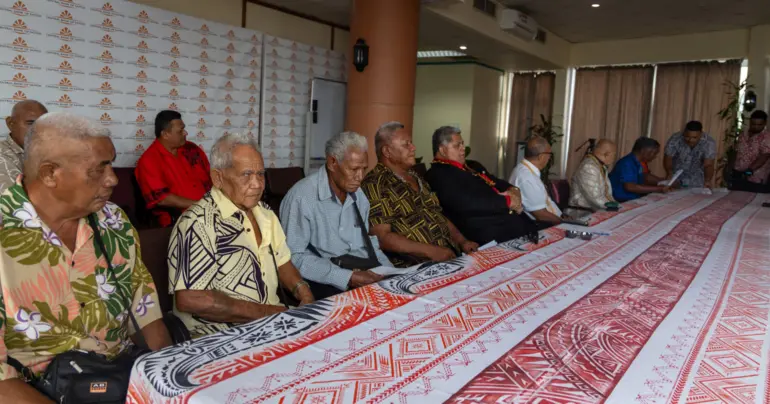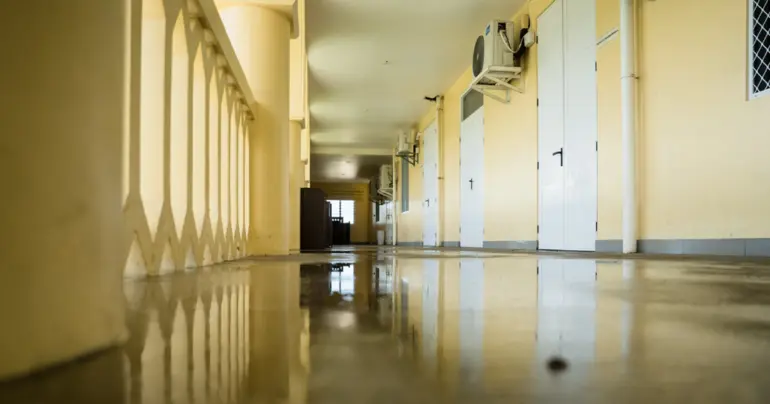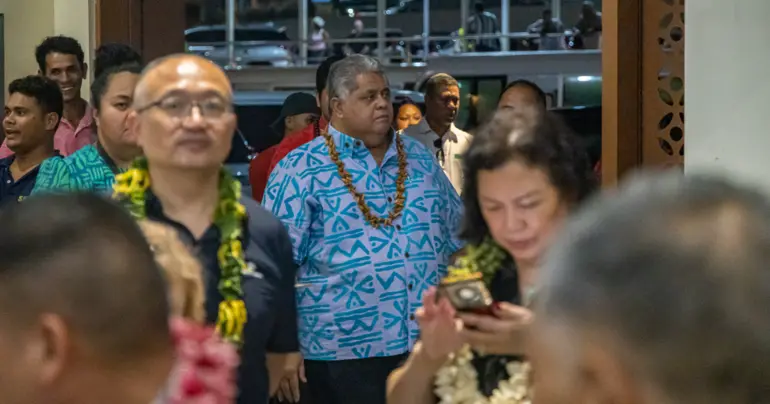Head of State's intervention about democracy, not law
 By The Editorial Board
•
16 May 2021, 12:10AM
By The Editorial Board
•
16 May 2021, 12:10AM
As our nation’s political future hangs in the balance, many amateur lawyers, politicos, and the simply interested have been debating the merits of the arguments before the court about the legalities of our Head of State's recent call for a fresh election.
Of course, seeking to interpret the complexities of law or preempting the logic of our nation’s judges is much more likely to generate heat than cast light on these legal questions.
But with so much hanging in the balance the arguments brought forth in the case have proven irresistible for many to engage with.
Our own perspective is that it is simply illogical to dissolve a Parliament on the grounds that no party can command a governing majority before that Legislative Assembly has even been sworn in.
The alternative view, put forth by counsel for the Human Rights Protection Party (H.R.P.P.) in Friday’s Supreme Court hearing, raised an alternative interpretation, one that rested on the constitutional issues in the case.
“The Constitution does not provide for every situation that arises, that is what we are seeing now with these unprecedented events,” said Aumua Ming Leung Wai.
“That is why it’s necessary that the Head of State should have prerogative powers exactly for these types of situations."
These are completely opposite interpretations of our nation’s founding document.
But let us set aside the relative merits of each of these legal interpretations of our nation's founding document (something that the court is set to decide upon on Monday in any case).
The case also raises an issue of much greater importance than the issues currently being debated in court and the proper application of the law: what kind of democracy does Samoa want to be?
The Head of State, His Highness Tuimalealiifano Vaaletoa Sualuavi II, plays a pivotal role in our democratic process but his position has up until now been largely free of actively mixing his hands in Samoan politics.
Bills before Parliament do not become law until he provides them with official assent; it was only with his signature that the state of emergency protecting Samoa from the global COVID-19 pandemic took effect. But these decisions are not taken independently; they follow the advice of the Prime Minister and Cabinet.
Just like other appointed Heads of State in representative democracies around the world he serves a similar and essential function.
That is perhaps best summed up by the former French president Charles de Gaulle, who said that the Head of State should embody the spirit of the nation.
And indeed that is a particularly essential role in Samoa, where we place an emphasis on maintaining and taking pride in our unique cultural attributes.
The role of the Head of State must represent the dignified part of Samoa and shall always maintain the reverence of the people above all else.
That allows them to serve several other roles despite usually being politically neutral functions. These include being sources of national inspiration, representatives for the Samoan people, or ambassadors for our nation on the world stage.
But we have now seen the Head of State actively countering a democratic decision made by Smoan voters.
This should give us pause for thought. What kind of democracy do we want Samoa to be? Do we want it to be one in which an unelected political appointee has the power to override democratic decisions with the stroke of a pen?
Many of the world’s most long-standing democracies, from the United Kingdom, to Canada and New Zealand have a Head of State co-existing with a Parliament.
But over hundreds of years of established conventions each of their respective Heads of State refrain from actively involving themselves in democracy. The Queen of the United Kingdom was appealed to recently in a campaign to stop Prime Minister Boris Johnson from pulling the country out of the European Union. But ni serious observer of British politics would have expected her to overturn centuries of convention and deny the advice of a democratically elected Prime Minister.
This is traditionally how Heads of State and democratic Governments have co-existed in democracies around the world.
But the recent decision by ours to void a legitimately held democratic election breaks with this tradition and raises questions in doing so.
We believe that the functioning of the Samoan Government rests on the strength and independence of its democratic institutions and that interference from above can only damage them.
This means the supremacy of a democratically elected Parliament; the independence and integrity of the judiciary; and the separation of powers preventing any one political figure from accumulating too much power.
Now we find ourselves in uncharted political territory, one in which the values which these institutions represent have been cast aside.
We believe that doing so violates a fundamental aspect of democracy.
The Supreme Court's Monday ruling will be based on the technicalities of law.
But of greater importance is a question of democratic principle.
We should ask ourselves, independently of the legal technicalities of the decision, do we want to live under a system of Government in which the democratic process can be overridden in such a way?
We believe we should not.
His Highness’ decree to dissolve a Parliament that is yet to have even convened before has been one of the biggest political shocks in the history of Samoa.
His unexpected exercise of powers to overrule a democratic decision is an occasion for us all to reflect on the nature of Samoa’s democracy: what it is and what we believe it ought to be.
 By The Editorial Board
•
16 May 2021, 12:10AM
By The Editorial Board
•
16 May 2021, 12:10AM










